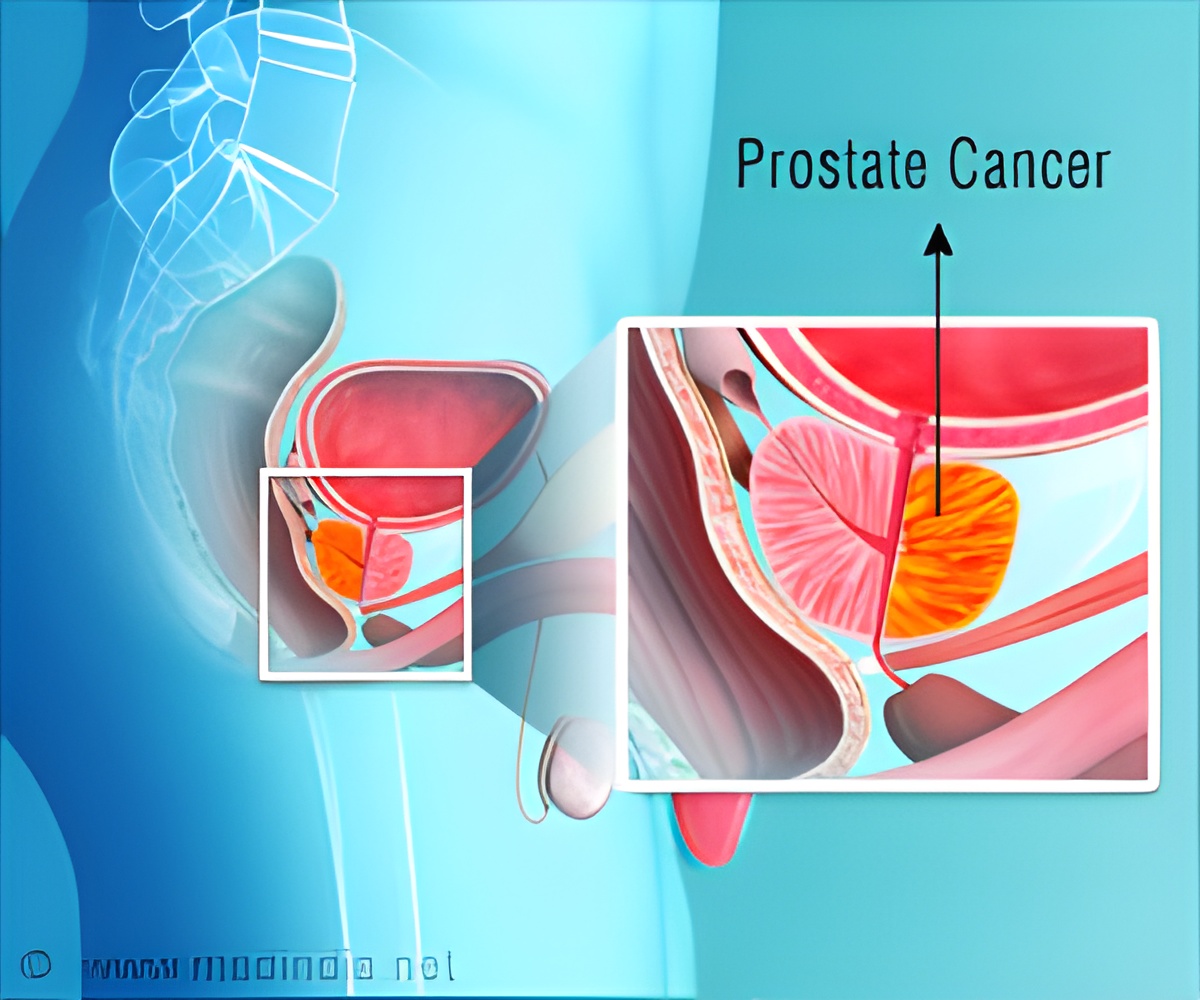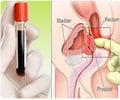A new study presented at the EAU conference in Madrid shows that erectile dysfunction is the most common side-effect after a radical prostatectomy.

Radical Prostatectomy is the removal of the prostate gland during a prostate cancer operation. This can often remove the cancer, but there is a major possible side-effect, erectile dysfunction – the inability to have an erection. This is because the nerves which surround the prostate are often damaged during the operation, and these nerves control the ability to have an erection. In many cases, this improves with time, but now new research indicates that achieving an erection of the same quality as before the operation is rare, and may have been significantly overestimated by doctors.
The standard way of measuring erectile function is via a questionnaire, the International Index of Erectile Function (IIEF), but this is not specifically aimed at prostate cancer patients. Some researchers had felt that the questionnaire did not take account of the special circumstances of a sudden change in erectile function brought on by surgery, or allow comparison with sexual activity prior to the operation (the IIEF questions only deal with sexual activity within the previous four weeks).
A group led by Dr.Mikkel Fode, from the Herlev Hospital in Copenhagen, asked 210 patients to complete the IIEF questionnaire, around 23 months after Radical Prostatectomy surgery. However they added an additional question: “Is your erectile function as good as before the surgery (yes/no)”. Only 14 patients (6.7% of respondents) reported that their erections were as good as before surgery. This compared with 49 patients (23.3%) who showed no decline in the in the IIEF score.
“The occurrence of sexual dysfunction after prostate cancer surgery is well known but our method of evaluating it is new. What this work shows is that having an erection as good as before surgery is a rare event, with the vast majority of men, more than 93% in our sample, experiencing some sexual problems after prostate cancer surgery. Fundamentally, we may have been asking patients the wrong question, but of course we really need bigger trials to confirm this. We think that this work gives a more realistic, idea of the real problems, which most men have after prostate surgery,” said Mikkel Fode.
“This is important to know before deciding on undergoing the treatment as your choice might be affected. For men who have already undergone surgery it is important to know that they are not alone in the situation and that their physician will likely be able to help if they discuss the problem,” he added.
“As the average age of patients undergoing radical prostatectomy is decreasing, maintaining the ability to have an erection after an operation is increasingly important to men facing surgery," said Prof.Francesco Montorsi, Chair Department of Urology, Vita Salute San Raffaele University, Milan, Italy, and Editor Emeritus European Urology. "This is the first study of its kind, so we need to confirm the findings but above all to learn from problems, which can face patients after prostate cancer operations. We need to look more closely at nerve sparing techniques, and ensure that good post-operative care is available for each patient.”
Source-Medindia
 MEDINDIA
MEDINDIA


![Prostate Specific Antigen [PSA] & Prostate Cancer Diagnosis Prostate Specific Antigen [PSA] & Prostate Cancer Diagnosis](https://images.medindia.net/patientinfo/120_100/prostate-specific-antigen.jpg)
 Email
Email










